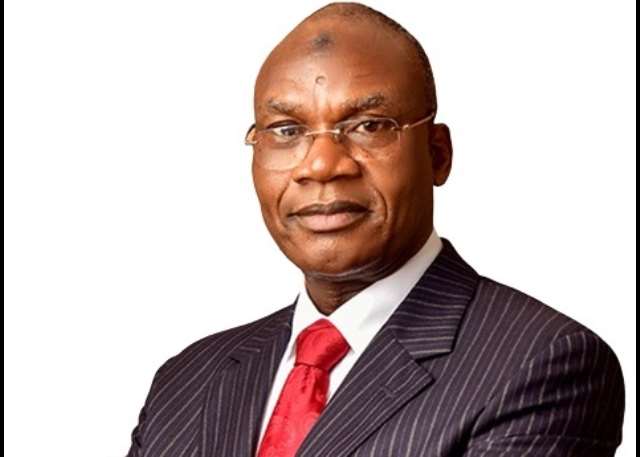The Nigerian Minister of Education, Tahir Mamman, has announced that students who have not spent the required 12 years in primary and secondary education will not be allowed to sit for the Senior School Certificate Examination (SSCE). This decision is part of Nigeria’s educational policy, which follows the 6-3-3-4 system, where children start school at age six, completing six years of primary education and another six years of secondary education.

Mamman emphasized that students are expected to be 18 years old by the time they graduate from secondary school. However, many students currently graduate at 16 or younger due to skipping grades. To address this issue, the Ministry of Education has set 18 as the minimum age for admission into tertiary institutions, although an exception has been made for the 2024 admission cycle, allowing candidates as young as 16.
In a recent interview, Mamman stated that the West African Examinations Council (WAEC) and the National Examinations Council (NECO) will enforce this new rule, barring underage students from taking their examinations. He clarified that this policy is not new but rather a reinforcement of existing regulations.
Mamman explained that if students do not meet the required number of years in their educational journey, they will not be permitted to sit for the SSCE. He pointed out that pupils should spend five years in early childhood education, start primary school at age six, and complete primary education by age 12. The junior and senior secondary school levels together take another six years.
The minister reiterated that this policy aims to ensure that students are adequately prepared for higher education and that they have the necessary time to develop academically and socially. By adhering to this timeline, the government hopes to improve the quality of education and the preparedness of students for the challenges of tertiary education.




